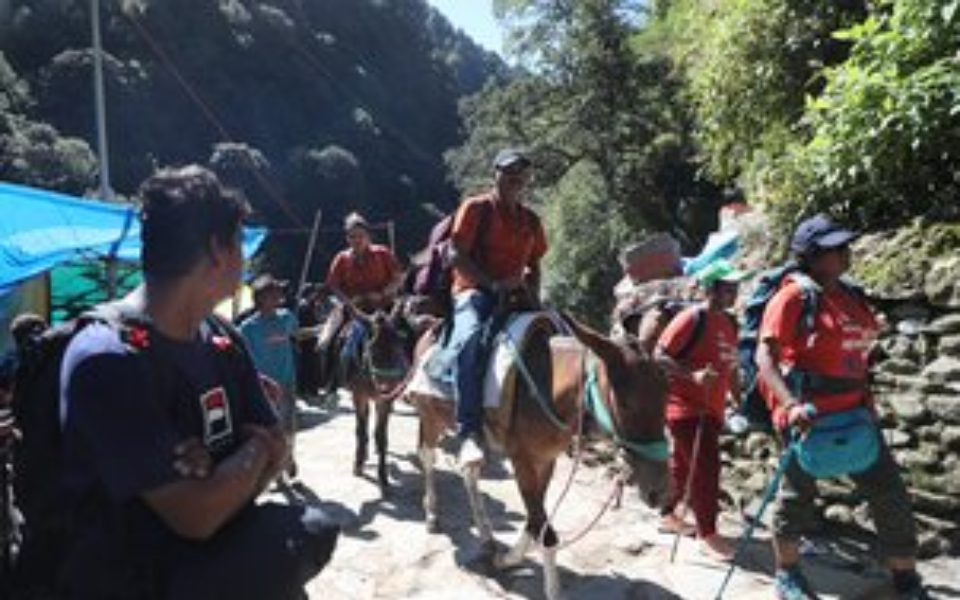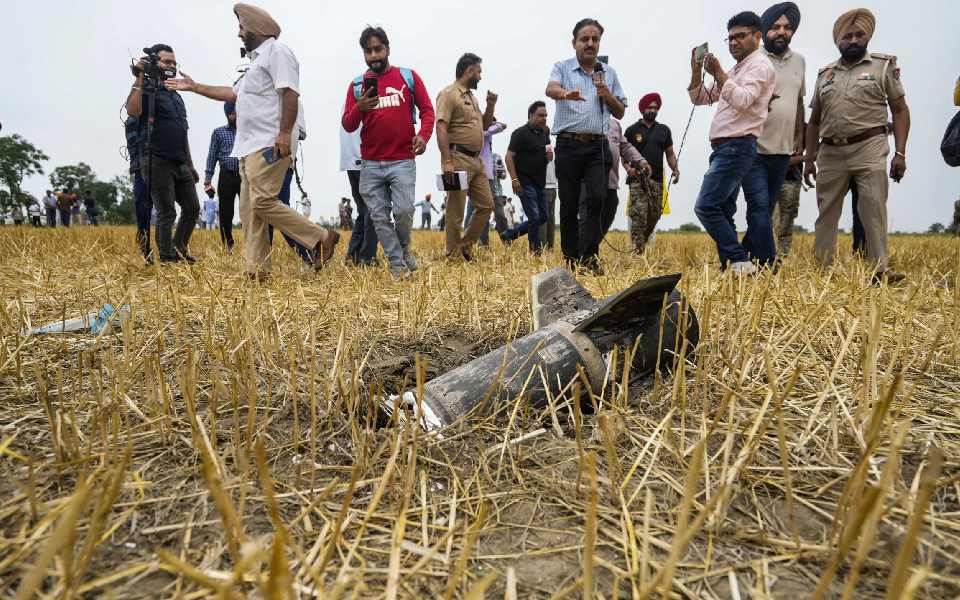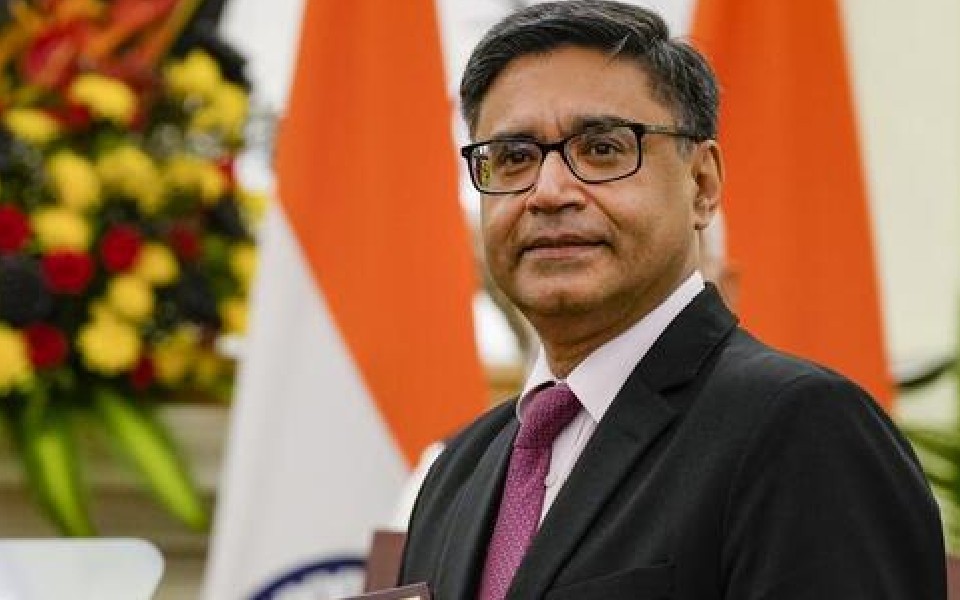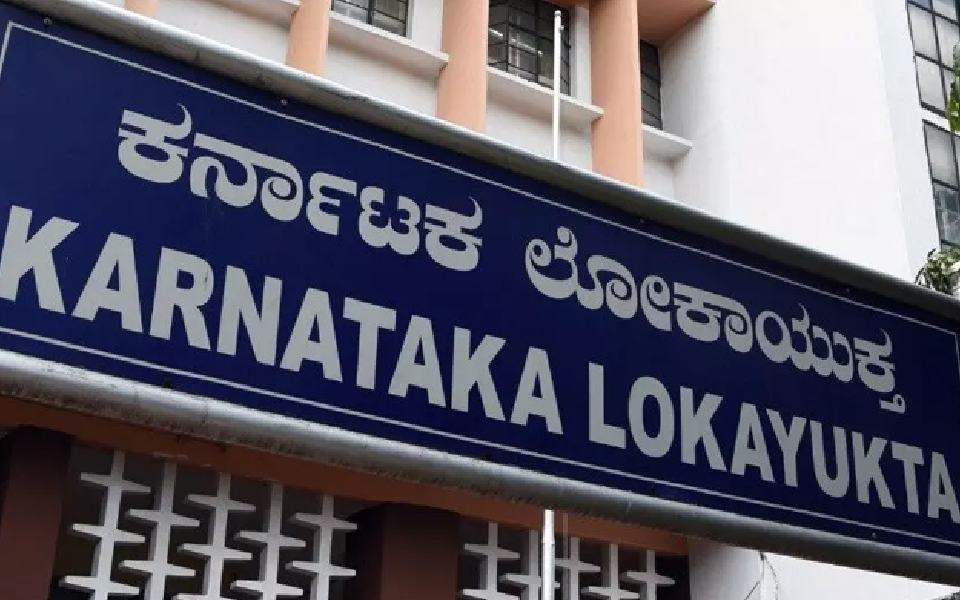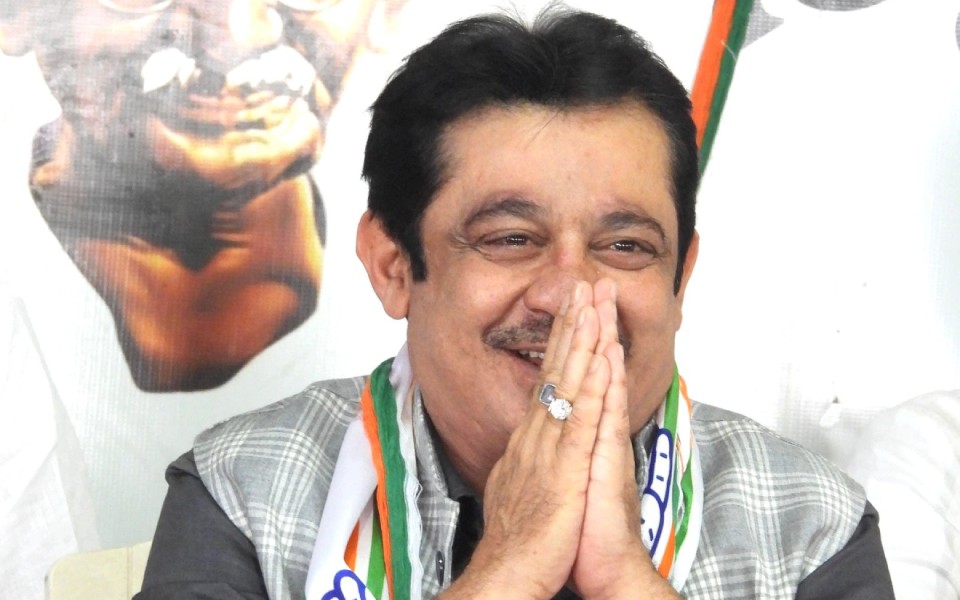Nainital, Aug 13: The Uttarakhand High Court has asked the state government to blacklist equine handlers and owners on the Chardham Yatra route who inflict cruelty on animals, saying merely fining them is not enough, and has issued a slew of directions for the welfare of these animals.
Setting up barricades to allow only registered operators, allowing animals to rest at night and providing them warm water and health check-ups before the start of journey are among the steps ordered by the high court on a PIL that alleged that horse and mule operators on the Yatra route often subject them to cruel treatment like forcing them to overwork or carry more burden than their bearing capacity for commercial gain.
"We are of the view that mere fining of the handlers or filing cases against them for inflicting cruelty to animals, is not sufficient to rein in and discipline the erring handlers/owners of equines," a bench of Chief Justice Vipin Sanghi and Justice Rakesh Thapliyal said in its recent order.
The fines are nominal and criminal cases take years to get decided, the judges said.
There is no fear among erring equine handlers/owners of suffering any consequences if they do not mend their conduct and continue to subject them to cruelty for commercial gain, they said.
"The only effective way in which cruelty to the equines can be curbed is by blacklisting such handlers/owners who are found to be subjecting their equines to cruelty and maltreatment," the high court said.
The petition had been filed by animal rights activist Gauri Maulekhi and social worker Ajay Gautam.
The PIL said 600 horses have died during the Char Dham Yatra, posing a risk of disease spread in the region. They requested medical facilities and safety for animals and humans.
The petition also raised concerns about the increasing crowds during the pilgrimage, causing problems of food and accommodation for both animals and people.
The court directed that mules will not be put to work at night. The equines will be made to carry loads in accordance with their load-bearing capacity and every mule will work for a single shift in one day.
Health check-ups of the equines will be conducted before the start of the journey, and provisions for warm water, accommodation, and veterinary staff will be arranged.
The government side agreed to these directions.
The court suggested that only licensed mules operate in the area and the rest be denied entry.
Secretary of animal husbandry department BVRC Purushottam submitted that 5000 mules are licensed to operate in the area.
However, the petitioners contended that unofficially many more operate.
The high court ordered that barricades and checkpoints should be put up on the Yatra route and only registered equines and handlers are permitted to cross it.
The purpose of registration of equines and handlers would lose its significance and purpose if even unregistered equines and handlers are able to pass the barrier unchecked, the high court said.
Such infiltration would also completely derail the Yatra, it said.
"A total of 215 financial penalties have been imposed against equine owners and 17 FIRs have been registered for cruelty to animals this year till 28th July 2023, " the secretary informed the court.
Let the Truth be known. If you read VB and like VB, please be a VB Supporter and Help us deliver the Truth to one and all.
Amritsar, May 8 (PTI): Metal debris was found scattered at some places in a village in Amritsar district on Thursday, with some locals claiming them to be parts of a missile.
Police said the objects can be identified only after an investigation.
The villagers said they found the metal parts in some open fields and houses at Jethuwal village in the district.
No damage was caused to any property, they said.
Upon finding the debris, the locals contacted the police, who further informed the Army.
The Amritsar district administration carried out a blackout drill in the early hours of Thursday, urging residents to remain indoors and not panic.
The drill that began around 1.30 am was the second in the district in three hours. The first one was conducted from 10:30 pm to 11 pm on Wednesday.
Several districts across the country conducted mock drills on Wednesday after the Indian military targeted terror infrastructure in Pakistan and Pakistan-occupied Kashmir (PoK) under 'Operation Sindoor' launched in response to the April 22 Pahalgam attack.
The armed forces struck nine terror targets in Pakistan and PoK, including the Jaish-e-Mohammad stronghold of Bahawalpur and Lashkar-e-Taiba's base in Muridke.

